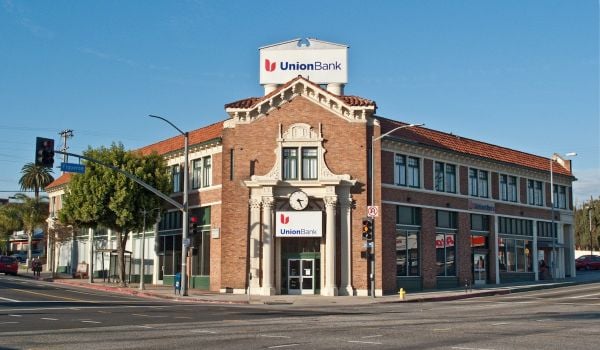For a minority-owned or woman-owned business enterprise (MWBE), winning a first government contract means a lot of things. It almost always means getting the largest single client they’ve ever had at that point, which gives a huge boost up the economic ladder. It means validation for what they’ve accomplished so far, whether it’s a relatively new or long-established business. Most critically, especially in construction, it means suddenly needing to purchase supplies, hire labor and get insurance at a scale many owners have never dealt with before.
“Insurance alone for public sector contracts can be triple what small subcontractors are used to paying on private sector jobs,” says Nancy Carin, executive director of the Business Outreach Center (BOC) Network, a micro-enterprise and small business development nonprofit based in Brooklyn.
About 80 percent of BOC’s construction clients are firms certified as MWBEs in New York City (or New York State). Managing cash flow when ramping up is a major challenge for businesses, particularly for minority-owned firms in a country where black median family wealth is just one-thirteenth that of white median family wealth.
“There’s lack of initial friends and family capital, the type of investment that startups really need to get going, as well as for existing businesses expanding into government contracting,” Carin says. “It is not uncommon that contractors are paying their workers union wages, buying supplies and insurance, but not paying themselves because they need all the cash flow available to support the business operations.”
Failure to manage cash flow after winning a government contract or subcontract has been known to put MWBEs in construction out of business, Carin notes. Meanwhile, the number of certified MWBEs facing that risk has never been higher in New York City, and their numbers are rising at an increasing rate. A record 4,100 firms were certified as minority- or women-owned business enterprises (MWBEs) in New York City as of 2015. One-third of those have gained certification since Mayor Bill de Blasio took office.
BOC supports clients with construction industry-specific technical assistance to manage cash flow and other aspects of being a construction subcontractor. One instructor is a plumbing contractor who worked through his first city contract several years ago thanks to BOC. He has since gone on to become a major subcontractor to some of the largest construction firms in the city.
BOC also has a construction loan program with about $4 million in capital, from a variety of public, private and foundation sources, of which about $1.6 million is deployed right now. The biggest obstacles to getting more of that capital on the street are mainly constant shifting of construction project timelines and the challenges of getting clients’ back-office operations prepared to take on a loan, even for a short term.
Mostly city agencies such as NYC Small Business Services (SBS) and NYC Economic Development Corporation (EDC) send people to BOC. SBS and EDC have contract financing programs that specifically connect any business that has won a city contract or subcontract, or is at least competing for one, to lending partners around the city.
So far, SBS’s contract financing program has referred 39 businesses to BOC’s construction loans program, which offers loans from $20,000 to $150,000. To be eligible for a BOC construction loan, the business must have been in operation for at least two years, have revenues up to $7 million, employ a minimum of two permanent or temporary employees, be under consideration for a construction contract and be authorized to do business in the New York metropolitan area.
According to SBS, it’s common for public sector contracts to take 60 days, 90 days or even longer to issue payments, making the need for working capital that much more urgent, beyond the initial period of ramping up operations. They admit the way city contracting works isn’t user friendly for a small firm.
The need for upfront and working capital for MWBEs will only grow in the coming months and years. Cities around the country (New Orleans, Cincinnati) continue turning to procurement as a lever to create opportunity for traditionally marginalized communities.
States are getting into the game too, including New York, where Governor Andrew Cuomo has been ramping up his calls for the state and for local governments in New York to increase procurement from MWBEs. A statewide disparity study, just now getting underway, has the potential to give New York state and local governments even more power to award even larger contracts on a preferential basis to MWBEs.
The Equity Factor is made possible with the support of the Surdna Foundation.

Oscar is Next City's senior economic justice correspondent. He previously served as Next City’s editor from 2018-2019, and was a Next City Equitable Cities Fellow from 2015-2016. Since 2011, Oscar has covered community development finance, community banking, impact investing, economic development, housing and more for media outlets such as Shelterforce, B Magazine, Impact Alpha and Fast Company.
Follow Oscar .(JavaScript must be enabled to view this email address)

















